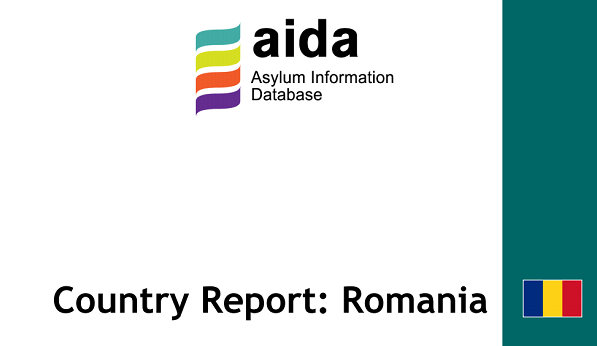The updated AIDA Country Report on Romania tracks recent developments in the area of asylum procedures, reception conditions, detention of asylum seekers and content of international protection in 2020.
In 2020 Romania faced a significant increase in the number of asylum applicants. 6,158 new asylum applicants were registered in 2020 marking a 238 % increase compared to 2019 (2,587). There was also an increase of unaccompanied children. 980 unaccompanied children were registered in 2020, compared to 189 registered in 2019.
UNHCR Serbia reported that 13,409 persons were collectively expelled from Romania to Serbia in 2020 – the highest number registered since UNHCR Serbia began monitoring pushbacks in the spring of 2016. Further, there are reports of violence used by the border police. UNHCR Serbia noted that “many victims alleged denial of access to asylum procedures or mistreatment by officials of these countries”. The Border Violence Monitoring Network (BVMN) corroborated this information by highlighting pushbacks from Romania to Serbia and reporting on an increased violence of the Romanian officers towards men and women on the move.
Following the COVID-19 outbreak interviews were conducted through videoconferencing in all of the regional centres. Technical problems and communication issues with the interpreter have been reported. The availability and quality of interpretation remained an issue of concern. In several Regional Centres, the Romanian asylum authorities still use double interpretation. Court hearings were also held through videoconferencing.
During the state of emergency (13 March 2020- 14 May 2020) Dublin transfers were suspended. During the subsequent state of alert (still in place in April 2021) transfers were gradually resumed. In total 78 transfers took place in 2020, out of which 73 were incoming transfers (out of 3,221 incoming requests).
Sub-standard reception conditions remain an issue in 2020, and preventive measures related to COVID-19 has severely restricted the liberty of movement of asylum seekers. During the state of emergency (16 March- 14 May 2020) granting of permissions to leave the centre were suspended. It was recommended to limit the movement of people outside the regional centres for 2 hours per day per person only for grocery shopping and other fundamental needs. During the state of alert (15 May 2020-present) the movement of people outside the centre is still limited. Some asylum seekers had been quarantined or isolated in tents even during the winter months, where they only had access to cold water.
Photo: ECRE
This article appeared in the ECRE Weekly Bulletin. You can subscribe to the Weekly Bulletin here.

